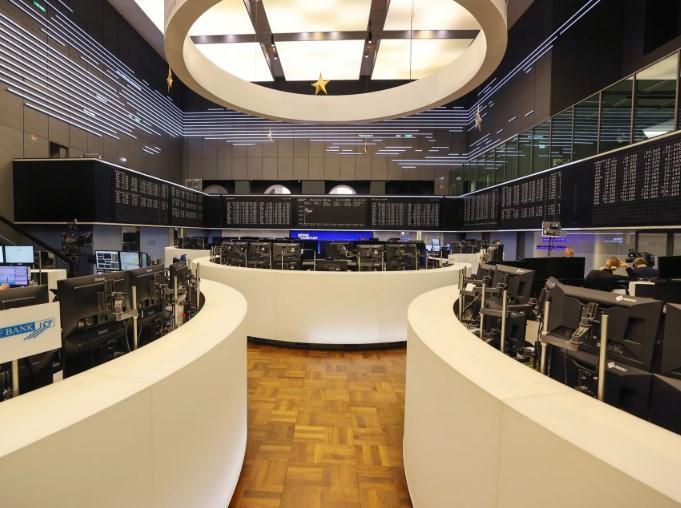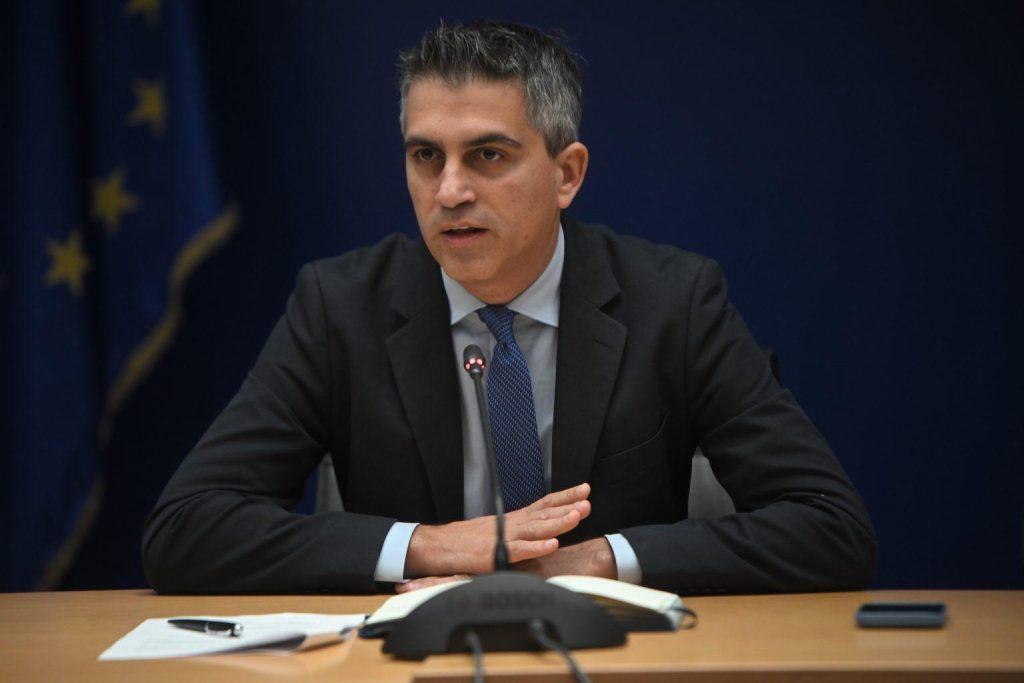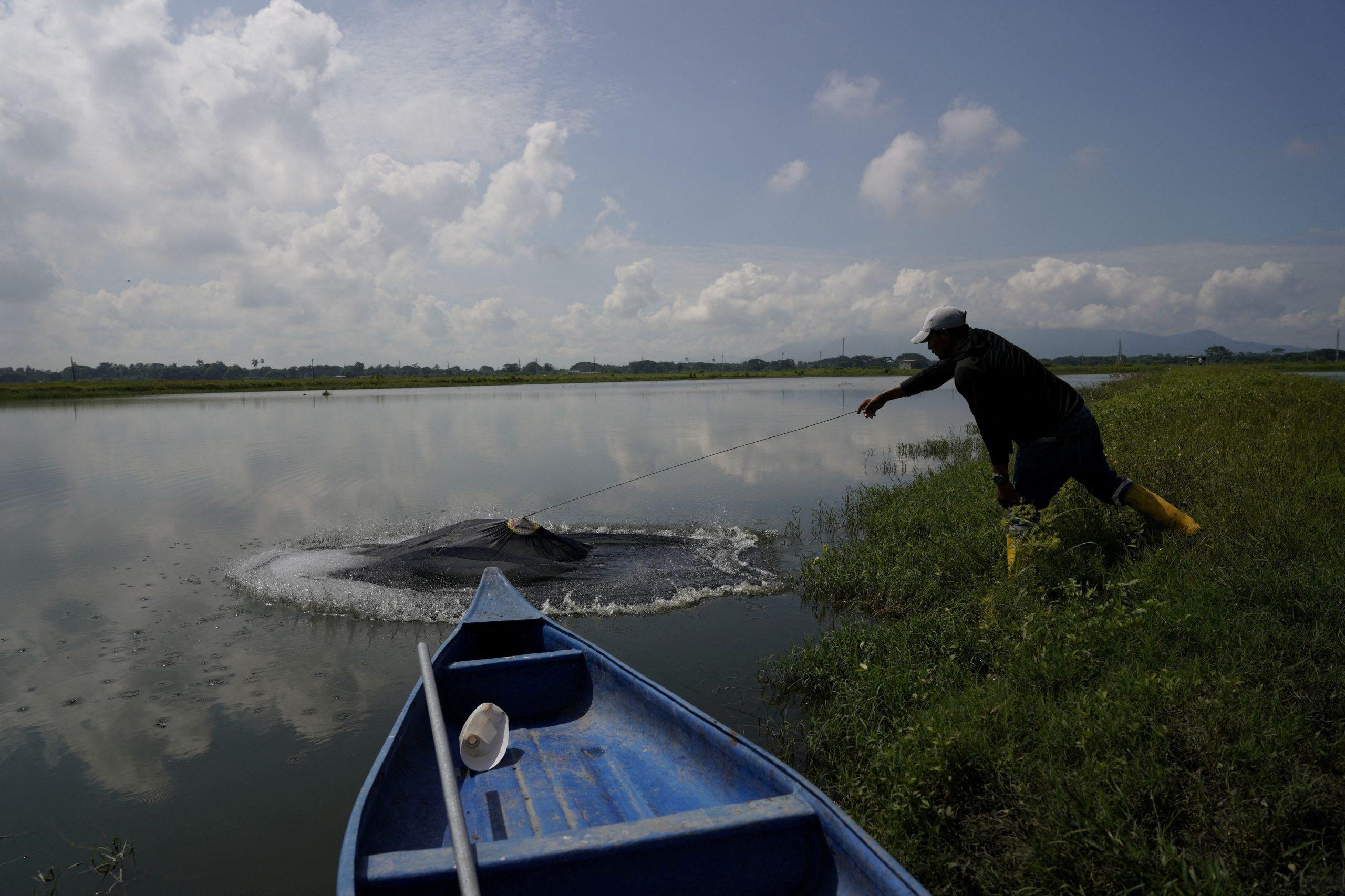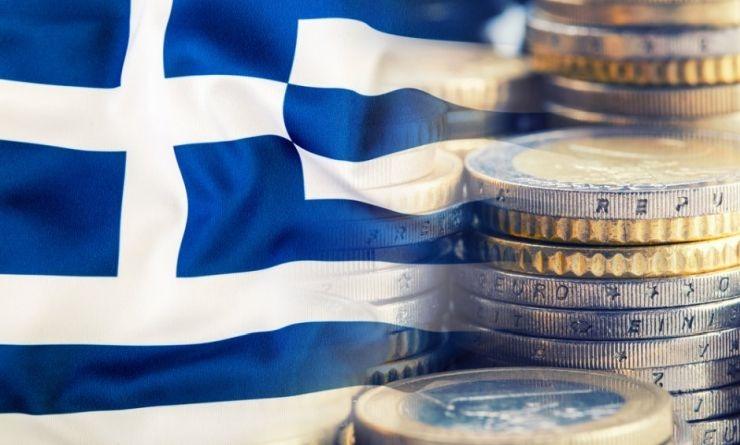According to ECB boss Christine Lagarde, the domestic banking groups are in the first gear of the European banks after the recovery of the investment grade from Greece.
In the press conference granted yesterday by the head of the European Central Bank (ECB) after the meeting of its board of directors in Athens, she referred to the benefits entailed by the upgrading of the credit rating of the Greek government by two rating agencies, which Frankfurt is taking into account.
As she said, the exemption (waiver) of Greek banks for their participation in the financing programs of the ECB, with domestic bond securities as collateral, is now unnecessary.
“Pari passu”
Mrs Lagarde used the expression “pari passu” – a phrase meaning on equal footing- talking about the equal treatment of the Greek banking system by the European monetary authority after the country’s return to the investment category.
In this way, the four systemic groups continue to have, but without asterisks, unrestricted access, like the rest of the European banks, to the liquidity channeled to the market by the ECB.
Besides, referring to the Greek economy, Mrs. Lagarde underlined that it is in a better place than it was before the pandemic, characterizing its course as extremely good compared to other member countries.
The governor of the Bank of Greece, Giannis Stournaras, agreed with these remarks, who in his intervention emphasized that today’s GDP is higher compared to the pre-health crisis era.
However, he noted that much remains to be done so that the credit rating of the State can return to the levels it was before the state’s bankruptcy at the beginning of the last 10 years.
The decisions of the ECB
Otherwise, yesterday’s meeting of the ECB’s Board of Directors did not hold any unpleasant surprises.
According to Ms. Lagarde, the possibility of increasing the minimum reserves that banks must keep with the local monetary authorities, which currently stands at 1%, was not discussed.
Although there is pressure from some central bankers to adjust them upwards, as an alternative to higher interest rates as a tool to limit liquidity in the financial system, they do not currently constitute a majority within the Eurobank Board.
An increase in the above-mentioned rate would affect the profitability of the banks, as the parked reserves have not been paid interest for several months.
On the other hand, for the first time since July 2022 and ten consecutive increases in ECB intervention rates, monetary policy did not tighten further.
As the head of the ECB pointed out, interest rates at current levels were assessed as sufficient to deal with inflation over a reasonable period of time, based on current data.
Positive development
According to banking sources, this is a positive development for the domestic industry.
And this is because a new rise in the cost of borrowing in the euro area would likely cause side effects on the following fronts:
– To further reduce the demand for new financing
– To lead other worthy companies with full coffers to early repayments of their bank debts
– To increase the risk of creating a new generation of non-performing loans, due to the pressure that borrowers would receive from increased installments
However, Ms Lagarde was clear to the investment community that a pause in rate hikes does not imply a reversal of monetary policy.
As he pointed out, if inflationary pressures intensify, for example due to the strengthening of energy prices after the outbreak of the crisis in the Middle East, it is not excluded that the ECB’s Board of Directors will take action again to deal with them.






































